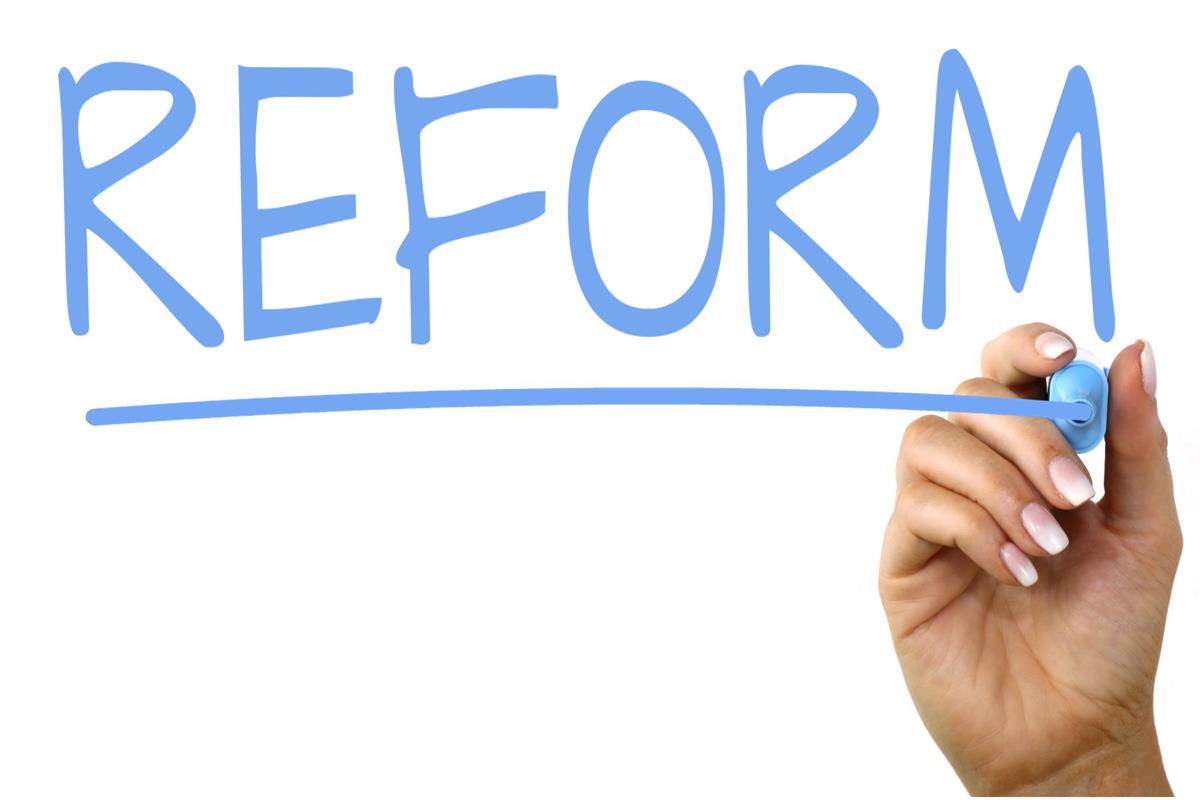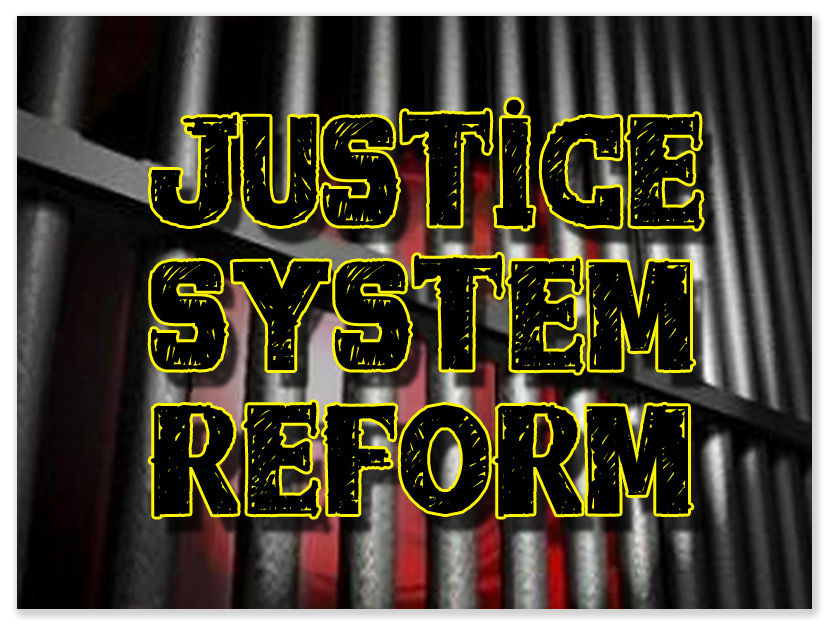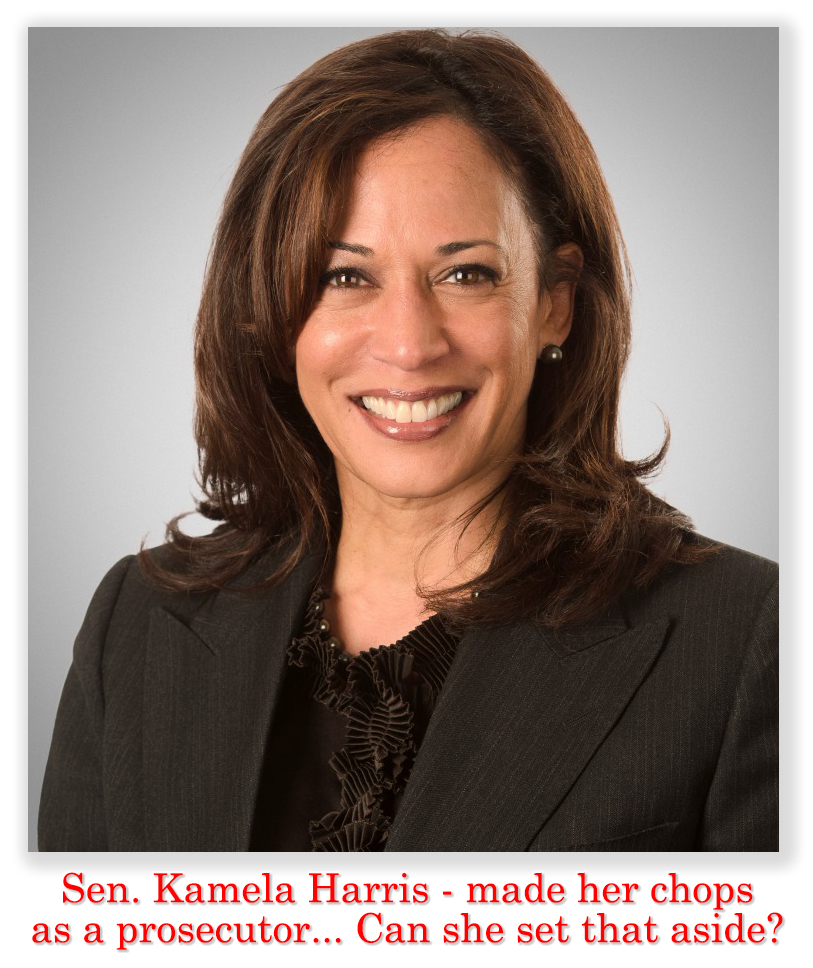We post news and comment on federal criminal justice issues, focused primarily on trial and post-conviction matters, legislative initiatives, and sentencing issues.

STRANGE BEDFELLOWS
You can tell it’s election season, as presidential candidates stake out positions on every issue (including how nice the island of Puerto Rico might be). Marijuana reform is “the rare bipartisan issue” in this year’s presidential election, according to The Wall Street Journal, that everyone seems to embrace.
 Both Donald Trump and Kamala Harris have offered support for easing restrictions. More than half the states have legalized adult marijuana use. The pot industry says more reforms are needed, but these are all in banking, decriminalization of personal-use qualities, and research studies.
Both Donald Trump and Kamala Harris have offered support for easing restrictions. More than half the states have legalized adult marijuana use. The pot industry says more reforms are needed, but these are all in banking, decriminalization of personal-use qualities, and research studies.
What no one’s talking about is changing the federal criminal code on marijuana, let alone retroactively. While reclassification of marijuana as a Schedule III drug, anticipated in the next two months, will mean that some penalties for some offenses will probably be reduced – especially in the Guidelines –violations of the Controlled Substances Act which “apply to activities involving marijuana specifically, such as the quantity based mandatory minimum sentences […] would not change as a result of rescheduling,” the Congressional Research Service said.
As part of her pledge, Kamala Harris said she would take steps to ensure that black men, disproportionately incarcerated and disenfranchised by the war on drugs, would stand to profit from the industry. Harris’s pledge to end marijuana prohibition sets her apart from both Biden and Trump, making her the first candidate to say that prohibition is a priority.
During his administration, Biden made a lot of promises about marijuana, including pardons for simple possession convictions to reschedule pot. Biden has only granted pardons to a small fraction of weed-related convictions during his administration. Biden’s sponsorship of the Violent Crime Control Act of 1994 has left him, rightly or wrongly, with the reputation as being opposed to criminal justice reform.
 Meanwhile, Trump has changed his tune on marijuana during this election season, taking positions at odds with his record of having appointed anti-drug zealot Jefferson Beauregard Sessions III as his attorney general. But Trump later pushed the First Step Act through Congress, although he has publicly groused that he did it primarily to get black support which he never received.
Meanwhile, Trump has changed his tune on marijuana during this election season, taking positions at odds with his record of having appointed anti-drug zealot Jefferson Beauregard Sessions III as his attorney general. But Trump later pushed the First Step Act through Congress, although he has publicly groused that he did it primarily to get black support which he never received.
Advocates and opponents now cross party lines. In Florida, Bradford County Sheriff Gordon Smith — a Republican — made an ad backing that state’s referendum, said Florida Politics. Legalization will “let us focus on serious crime, making our streets and neighborhoods safer,” Smith said. But Gov. Ron DeSantis (R) is fighting the proposal, said NBC News. The one-time GOP presidential candidate is campaigning against the referendum, one observer said, “as if it’s his own name on the ballot.”
Martin Luther King, Jr., once said, “The arc of the moral universe is long but it bends toward justice.” Likewise, the arc of marijuana regulation is long but it bends toward reform. Just not tomorrow and maybe not even next year.
Wall Street Journal, The Rare Bipartisan Issue in This Year’s Election: Recreational Weed (October 21, 2024)
The Week, Is legal weed a bipartisan issue now? (October 23, 2024)
The Guardian, Kamala Harris promises full marijuana legalization – is that a gamechanger? (October 19, 2024)
HeraldNet, Comparing Harris and Trump on crime and justice (October 19, 2024)
– Thomas L. Root















